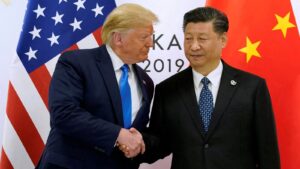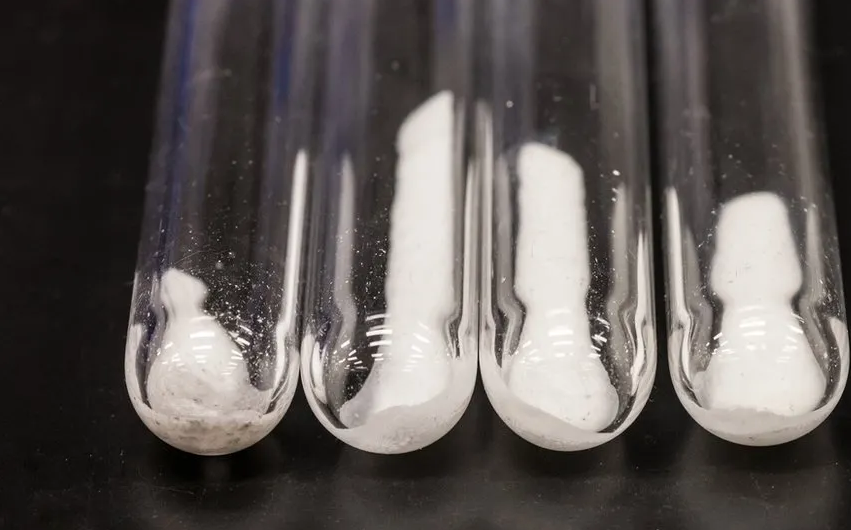|
Getting your Trinity Audio player ready...
|
In a major breakthrough, Microsoft and the Pacific Northwest National Laboratory (PNNL) have harnessed the power of artificial intelligence (AI) to discover a groundbreaking material, N2116, that could dramatically reduce the reliance on lithium in batteries, potentially by 70%.
Swift Discovery Through AI: Using cutting-edge AI and supercomputing, the team sifted through a colossal list of 32 million inorganic materials, quickly identifying 18 promising candidates within a week. Traditionally, this process could have taken over two decades, showcasing the unprecedented speed and efficiency of AI-driven research.
From Concept to Reality: The journey from the shortlisted candidates to a functional battery prototype took a mere nine months, emphasizing the potential of advanced technologies to accelerate innovation.
Addressing the Lithium Demand Issue: As lithium demand soars, especially in electric vehicles, the N2116 material offers a promising solution by significantly reducing the need for lithium while maintaining robust energy storage capabilities.
Solid-State Revolution: N2116, identified as a solid-state electrolyte, presents a major stride in sustainable energy storage. Solid-state batteries, known for their safety compared to traditional lithium batteries, offer faster charging and thousands of potential charge cycles.
Microsoft’s AI in Action: Jason Zander, Executive Vice President of Microsoft, highlighted the transformative role of technology, compressing centuries of scientific discovery into a fraction of the time. The AI’s reliability in delivering chemistry-related insights proved instrumental in expediting the discovery process.
Cautious Optimism: While experts acknowledge the potential of AI-driven research, caution is advised, considering potential challenges during the lab synthesis process. The AI’s ability to accelerate insights does not negate the need for careful evaluation.



